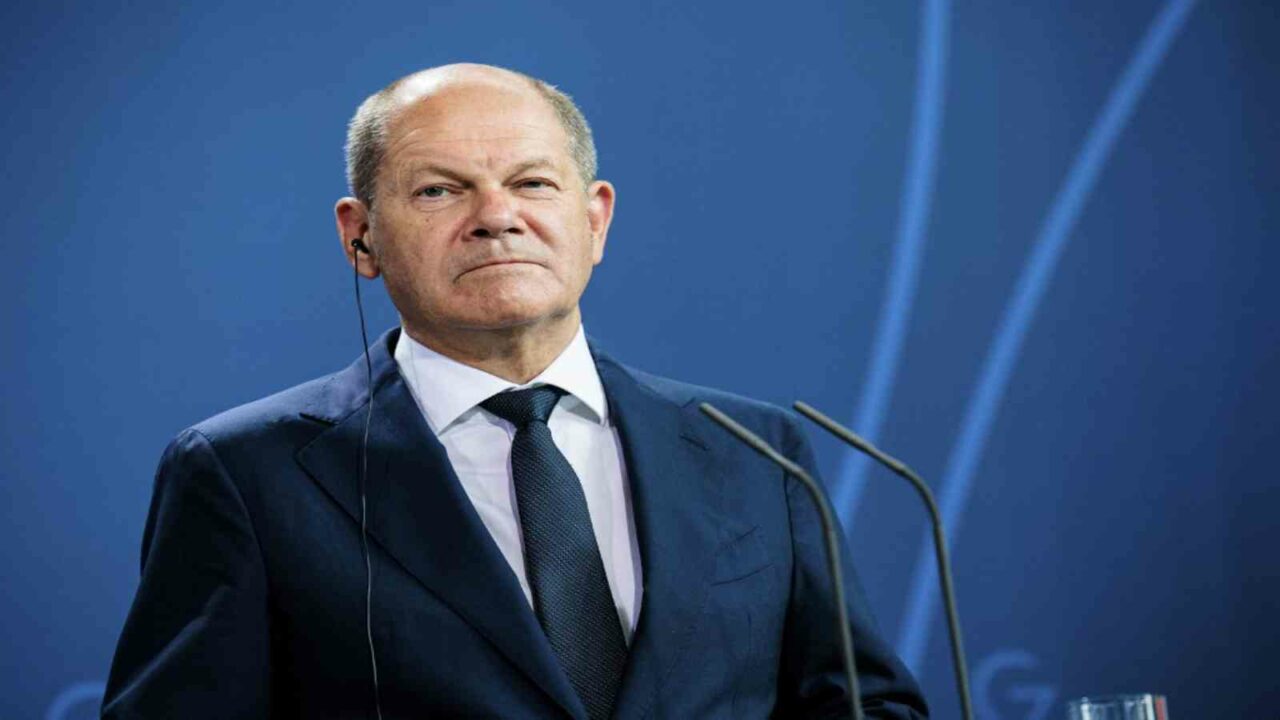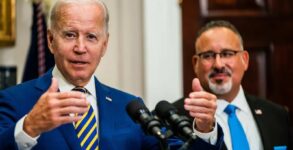German Chancellor Olaf Scholz will arrive in China on Friday, becoming the first Group of Seven (G7) leader to do so in nearly three years. Scholz is expected to meet with Chinese President Xi Jinping and Premier Li Keqiang in Beijing during a one-day visit, according to CNN.
The visit comes amid a global shortage of semiconductors following the United States’ ban on the sale of advanced computer chips to China, escalating efforts to contain China’s technological and military ambitions. The moves are intended to cut off supplies of critical technology to China, which could be used in a variety of industries, including advanced computing and weapon manufacturing. Scholz is visiting China with a delegation of top executives, implying that the company’s relationship with the world’s second-largest economy must continue. The visit, the first by a G7 leader to China in roughly three years, comes as Germany enters a slump. However, it has raised concerns that Europe’s largest economy’s economic interests are still too closely linked to those of Beijing.
According to a person familiar with the situation, Scholz will be joined by a delegation of 12 German industry titans, including the CEOs of Volkswagen (VLKAF), Deutsche Bank (DB), Siemens (SIEGY), and chemicals giant BASF (BASFY). According to CNN, they plan to meet with Chinese companies behind closed doors. When the German delegation arrives in China on Friday, they will be confronted with another issue that has become the single biggest headache for businesses throughout China.
“China’s zero-Covid policy remains the greatest challenge for German businesses,” said Maximilian Butek of the German Chamber of Commerce in China. Volkswagen told CNN Business in a brief statement that its CEO was attending the trip because “there have been no direct meetings for almost three years” due to the coronavirus pandemic.
“In light of the completely changed geopolitical and global economic situation,” the automaker said, “the trip to Beijing offers the opportunity for a personal exchange of views.” Scholz’ coalition government is concerned about the country’s growing ties with China. The tension was recently highlighted by a heated debate over a bid by Chinese state shipping giant Cosco to acquire a 35% stake in the operator of one of Hamburg’s four terminals.
According to CNN, the size of the investment was limited to 24.9 percent due to pressure from some government members. The potential agreement has raised concerns in Germany that closer ties with China will expose critical infrastructure to political pressure from Beijing and benefit Chinese companies disproportionately.
Furthermore, as Western countries imposed economic sanctions on Russia, China publicly maintained its “neutrality” in the conflict while increasing trade with Moscow. This has sparked a backlash in Europe, where some businesses are already wary of doing business in China due to its stringent “zero Covid” restrictions, according to CNN.
China’s human rights record is also putting pressure on Berlin. A coalition of 70 civil rights organisations urged Scholz to “rethink” his trip to Beijing in an open letter published on Wednesday. “The invitation of a German trade delegation to accompany your visit will be interpreted as an indication that Germany is willing to deepen trade and economic links at the expense of human rights and international law,” they wrote in the memo, which was published by the World Uyghur Congress. The organisation, based in Germany, is run by Uyghurs who want to raise awareness about allegations of genocide in China’s Xinjiang region.
According to CNN, it suggested that Berlin was “loosening economic dependence on one authoritarian power only to deepen economic dependence on another.” Scholz said in an op-ed published in a German newspaper on Wednesday that he planned to use his visit to “address difficult issues,” such as “respect for civil and political liberties and the rights of ethnic minorities in Xinjiang province.”
Last week, a German government spokesperson addressed broader criticism, saying at a press conference that the country had no intention of “decoupling” from its most important trading partner. “[The chancellor] has repeatedly stated that he is not in favour of decoupling or turning away from China. However, he also advises diversification and risk minimization “According to CNN, the spokesperson stated.
According to official statistics, China was Germany’s largest trading partner for the sixth year in a row last year, with trade valued at more than 15% higher than in 2020. In 2021, Chinese imports from and exports to Germany totaled Euro 245 billion (USD 242 billion). Its reliance on China can be seen in a variety of industries. While China accounted for about 12% of total imports last year, it was responsible for 80% of imported laptops and 70% of imported mobile phones.
According to CNN, the automobile, chemical, and electrical industries are also heavily reliant on Chinese trade.


















